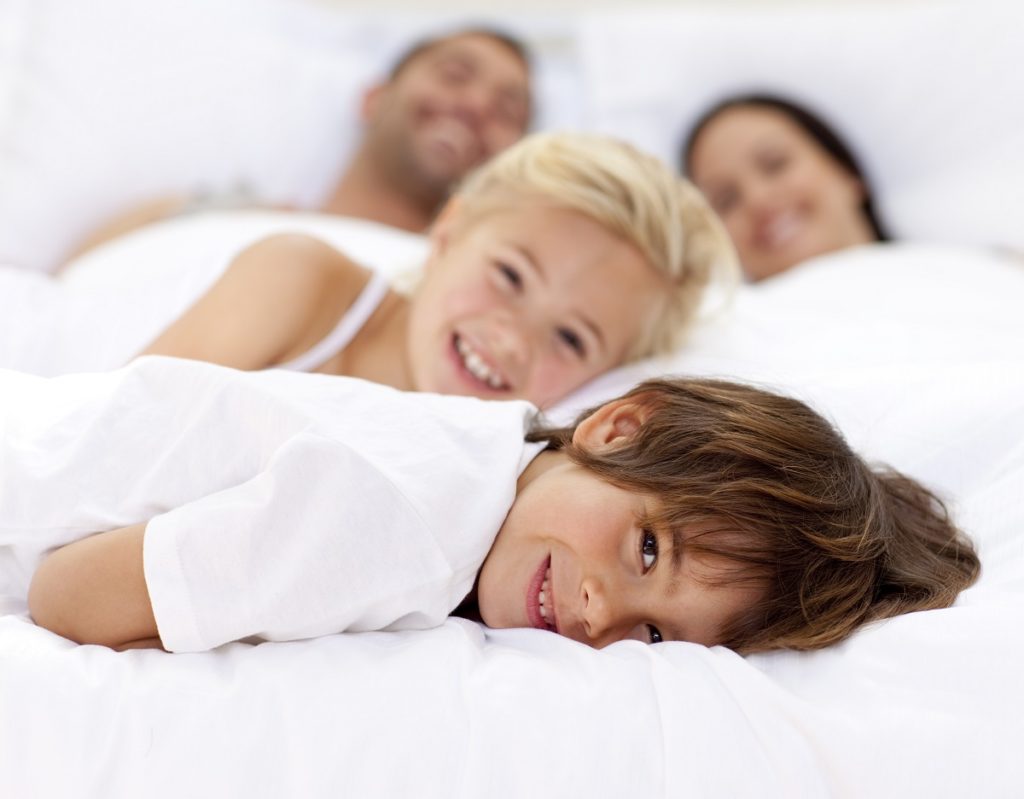They say that being a parent is not easy. Raising a child is a big challenge that parents have to face. Most parents describe their experience with their first-born child as overwhelming, stressful, and physically draining. Those who are new to parenting might even call for help from those who are already used to the task.
But being a parent is not for everyone. Some say that no matter how hard they try, they end up failing to fulfil their responsibilities and reject the child in the later process. In this situation, the parents aren’t the only ones suffering. The child is the center of this chaos.
Different Types of Parents
Some children suffer from parents who are strict, overbearing, and demanding. These parents always demand something from their children without giving any feedback when the job is done. Some parents also neglect their children, as they are preoccupied with their own affairs.
A few of them even go through alcohol detoxification, a midlife crisis, and postpartum depression. A few others have vices. For a child’s development, a parent-child relationship is crucial. It is the factor that nurtures the child’s emotional, physical, and social development.
These types of parents can be classified based on their parenting styles that include:
1. Authoritarian Parenting
This type of parenting is simple to recognize. Whenever you hear these parents, all they talk about is how much expectation they have for their children and their demands. Parents who practice the authoritarian style of parenting are called “helicopter dads” and “tiger moms.” These parents think of themselves as figures of authority whom the children must obey.
They are the types of parents who push their children into sports and academics the moment they learn how to walk. Authoritarian parents have a goal in mind that their children should always be number one.
These expectations could put pressure on children, stripping away their freedom to do something that they want to do. Children in an authoritarian household develop a low sense of moral reasoning and self-regulation compared to those from a different type of household.
Because of their parents’ expectations, children are willing to go at any length to keep their parents satisfied. These children are taught to act like adults. They are not even allowed to play with toys or have friends because the parents believe that this can lower their success rate.
Effects of Authoritarian Parenting
Authoritarian parenting has a huge effect on the development of a child. The child develops low self-esteem and self-worth because they are always under-appreciated by their parents and are made to feel like they aren’t enough.
These type of parents do not listen to their children’s emotional and mental needs because they are focused on building the perfect path for their children. The effects of authoritarian parenting will continue to become a burden for a child until they grow up.
2. Permissive Parenting
This type of parenting is famous in teen movies. In this parenting style, the parents are loving toward their children, but they don’t impose rules and regulations for their children to follow. In a household with permissive parenting, the children do not have any responsibilities because their parents pamper them too much.
It might be the result of extreme love for their children, but some actions need some moderation. Children in this type of household are allowed to regulate their behavior and do things as they please. Permissive parents think of their children as their equal, but little do they know that their children think that they are superior to their parents.
Effects of Permissive Parenting

Most kids who grow up with permissive parents end up as spoiled brats who are raised to get what they want. This is the result of parents tolerating their children behavior. Children raised in a permissive household grow up without a strong sense of self-discipline.
They continue to be dependent on their parents that in the future, they’ll have trouble doing things on their own. These children will develop poor decision-making skills and lack some sense of independence.
3. Uninvolved Parenting
This is another type of parenting that is quite similar to permissive parenting. Uninvolved parenting is when a parent doesn’t respond to their child’s desires. All they care about is providing the necessities of the child such as food, clothing, and shelter.
The parenting style is already obvious from its name, but keep in mind that not all uninvolved parenting is intentional. Some parents need to work for hours to pay their bills and raise their children. The effects of uninvolved parenting are mostly the same as those of permissive parenting.
4. Authoritative Parenting
Most people call this parenting style the best out of all the styles. This is the parenting style where we see a balance in every aspect. The parents may have some demands, but they are also warm and supportive of their children’s emotional needs. They do not pressure their children to have high grades or aim at controlling their children’s lives.
Authoritative parents see their children as whole individuals who have their own undeniable rights. They do not pamper their children. They let their children grow as their own being. They give their children the freedom to explore their own nature and artistic abilities to let them grow as their own person.
Effects of Authoritative Parenting
Children who grow up with authoritative parents are socially adept. They are goal-oriented, self-confident, positive, and sociable. They are the type of people raised with both love and guidance that have made them who they are.
Parents have different parenting styles according to their own desires. But what most parents forget is that children are not extensions of themselves. These children are their own person, and we must accept that. Give them their intellectual freedom and watch them grow to be the people they want to be.

